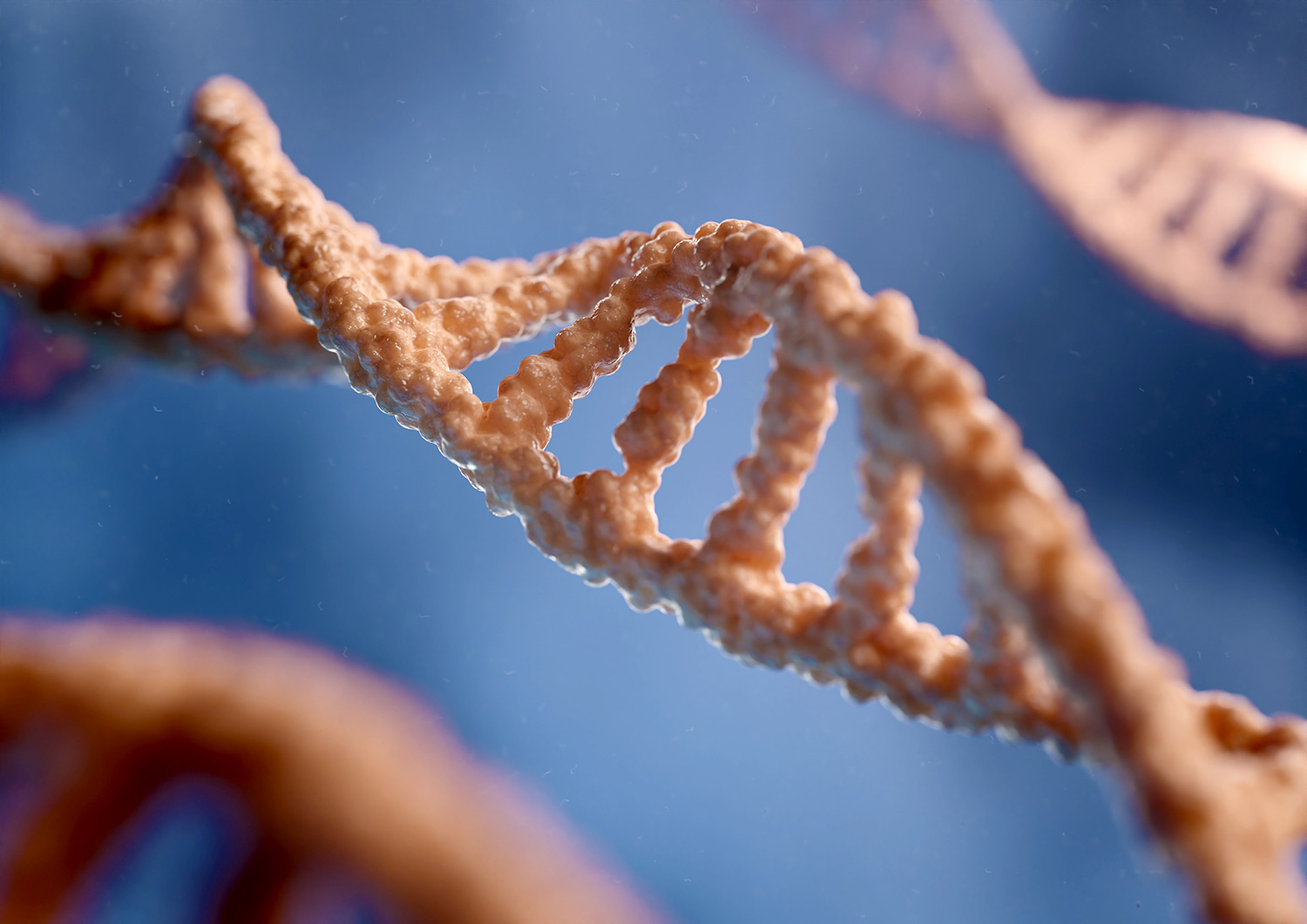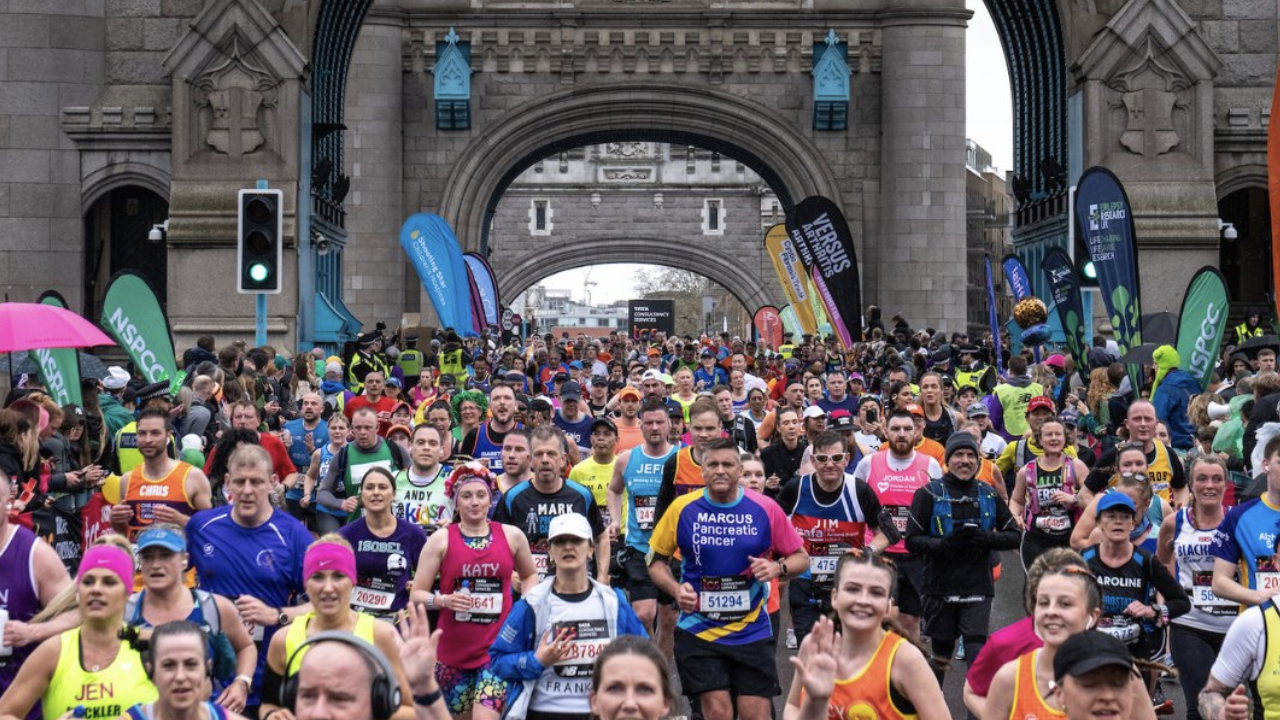Study Finds New Link Between Genes and Running Ability

In a new study conducted by the University of Essex in England, it has been revealed that our DNA might hold a significant influence over our running potential; the research led by Henry Chung established a remarkable link between specific gene variants and our response to athletic training.
According to the study, fewer than 31% of people have the unique genetic combination to make the most out of their training efforts. This data stems from intense scrutiny of over a thousand genes, with the top performers in the study displaying a mix of 19 key gene variants linked to improved running performance. This study’s crucial revelation adds an exciting dimension to the age-old nature vs nurture debate in the sphere of sporting prowess.
The Genetics of Running Performance
At the heart of this groundbreaking study was the ‘ACTN3’ gene, associated with adaptability, speed, power, improved strength, and reduced injury. All top performers in the study shared variants of this gene, providing fascinating insights into how our genetics could potentially influence our sporting abilities.
The participants in this study, men and women aged between 20 to 40, were monitored over an eight-week period. Using the Cooper Test to measure performance, a method employed by the military to establish aerobic fitness, participants were challenged to run as far as possible in 12 minutes. It was observed that those possessing the key genetic coding, including the ACTN3 gene, improved their performance by an average of 11.5% following eight weeks of endurance training.
Contrastingly, participants lacking these key gene variants, known as single nucleotide polymorphisms, exhibited little to no improvement, despite being exposed to identical training conditions.
Is It All in The Genes?
As intriguing as these findings are, it’s essential to underline what Dr Chung emphasised: “This study supports the fact that genetics play a major part in athletic performance and training responses. Whether you are an elite competitor or training for a fun run, your DNA can make a real difference on how much you can push your limits.”
But the absence of these gene variants is by no means a death knell for aspiring runners. Dr Chung asserted, “What really matters is going out, training and being active.” After all, potential remains dormant without action.
Expanding on this idea, he added, “It doesn’t really matter what genes are hidden in your body if you are not living an active life and utilising them. As they say, ‘hard work will always beat talent if talent refuses to work hard’.”
The University of Essex study is the first to examine all these key markers that spark success in combination. It undeniably presents a leap in understanding the genetic aspects of athletic performance. Yet, it also serves as a powerful reminder that regardless of our genetic make-up, the commitment to an active lifestyle, hard work and persistence on the running track holds prime importance. Our genes may indeed provide a starting line, but it is our efforts that truly define the finish.
So, whether you’re contemplating your first parkrun or training for your next marathon, keep Dr Chung’s wisdom close to heart: “Your DNA can make a real difference on how much you can push your limits.” But remember, it is your willpower, consistency and dedication to the sport that can turn genetic potential into athletic success.



























Running News
Will A Woman Run A Four-Minute Mile? Research Says It’s Possible
Tadese Takele And Sutume Asefa Kebede Win The 2025 Tokyo Marathon!
Boston Marathon 2025 Medal Reveal And Celebration Jacket